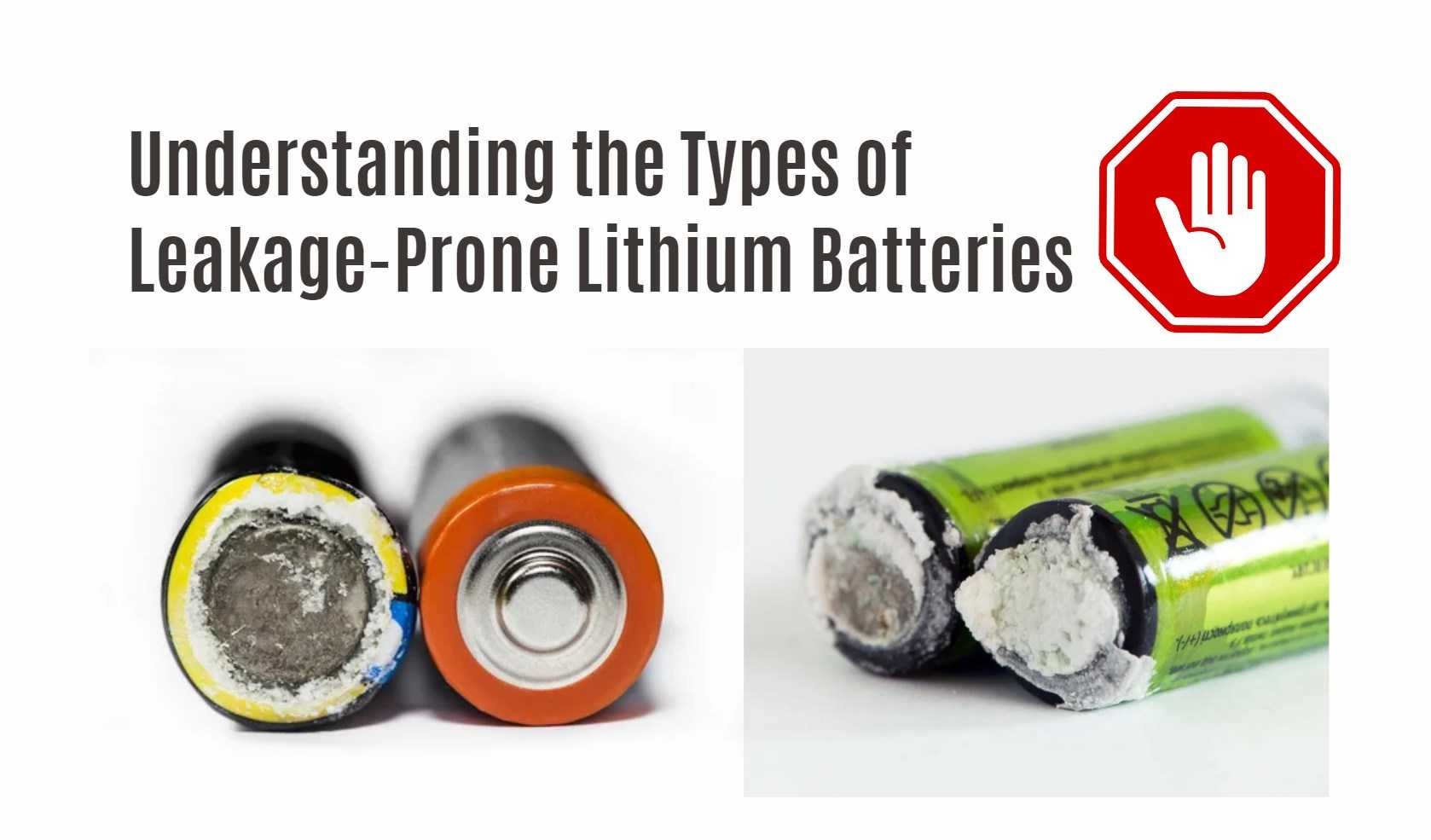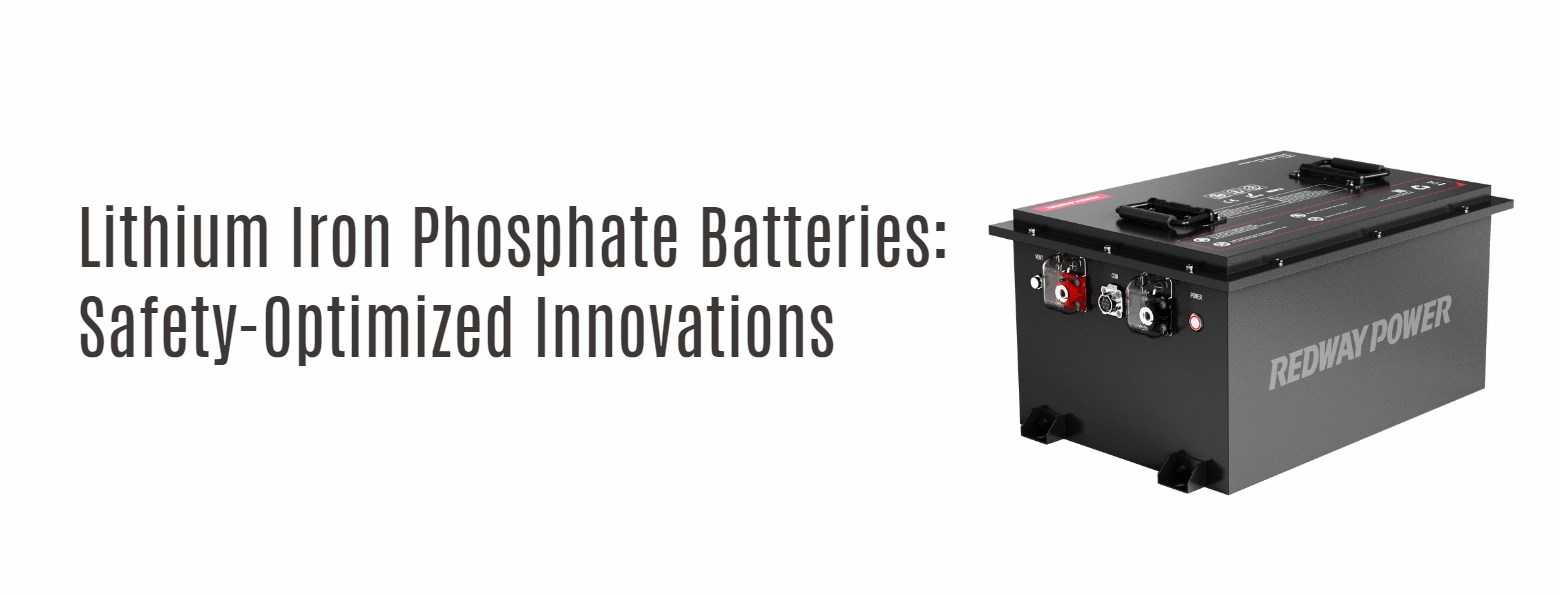Understanding the Types of Leakage-Prone Lithium Batteries: Lithium-ion batteries, commonly used in cell phones and laptops, can crack and leak if dropped or bumped. Lithium-polymer batteries, often found in healthcare devices and electronic cigarettes, can leak if they are broken or damaged.
- Lithium-Ion Batteries:
- Lithium-ion batteries are commonly used in cell phones and laptops.
- They can crack and leak if subjected to impact, such as being dropped or bumped.
- Lithium-Polymer Batteries:
- Lithium-polymer batteries are often found in healthcare devices and electronic cigarettes.
- They can leak if they are broken or damaged, compromising the integrity of the battery.
- Leakage Concerns:
- Mishandling or improper use of these lithium batteries can lead to leakage.
- It is important to handle them with care and avoid subjecting them to excessive force or damage.
Lithium-Ion Batteries: Engineering Marvels with Vulnerabilities
Lithium-Ion Batteries Engineering Marvels with Vulnerabilities: Lithium-ion batteries are remarkable engineering marvels that have revolutionized portable electronic devices and electric vehicles. However, they also have vulnerabilities, including thermal runaway and the potential for electrolyte leakage if the battery is damaged. Ongoing research and development efforts aim to enhance the safety of lithium-ion batteries.
- Engineering Marvels:
- Lithium-ion batteries have revolutionized the way we power our portable electronic devices and electric vehicles.
- Their high energy density and lightweight nature make them ideal for applications requiring long-lasting power.
- Vulnerabilities:
- Thermal Runaway: One of the primary concerns with lithium-ion batteries is the potential for thermal runaway, which can lead to overheating and, in extreme cases, fires or explosions.
- Electrolyte Leakage: If a lithium-ion battery is damaged or exposed to extreme conditions, there is a risk of electrolyte leakage, which can compromise the battery’s performance and safety.
- Ongoing Safety Enhancements:
- Researchers and engineers are actively working to address the vulnerabilities of lithium-ion batteries and enhance their safety.
- Efforts include developing advanced battery management systems, improved internal designs, and enhanced materials to mitigate the risks associated with thermal runaway and electrolyte leakage.
Lithium-Polymer Batteries: Specialized Applications Amid Leakage Concerns
Lithium-polymer batteries find specialized applications in healthcare devices and electronic gadgets. However, leakage concerns exist due to physical damage, manufacturing defects, or poor sealing of the battery cap. Understanding the causes and taking necessary precautions can help mitigate the risks.
- Specialized Applications:
- Lithium-polymer batteries are widely used in healthcare devices, such as wearable medical monitors and implantable devices.
- They are also utilized in electronic gadgets like smartphones, tablets, and portable gaming consoles.
- Leakage Concerns:
- Physical Damage: If a lithium-polymer battery is punctured, crushed, or exposed to extreme physical stress, it can lead to leakage.
- Manufacturing Defects: Occasionally, manufacturing defects can compromise the integrity of the battery, resulting in potential leakage.
- Poor Sealing: Inadequate sealing of the battery cap can also contribute to leakage concerns.
- Mitigating the Risks:
- Ensuring proper handling and storage of lithium-polymer batteries is essential to minimize the risk of leakage.
- Regular inspection for physical damage, such as cracks or bulges, can help identify potential issues.
- Choosing batteries from reputable manufacturers and following their recommended usage guidelines can further enhance safety.
Lithium Iron Phosphate Batteries: Safety-Optimized Innovations
Lithium Iron Phosphate Batteries Safety-Optimized Innovations: Lithium iron phosphate batteries are safe and environmentally friendly, with higher chemical and thermal stability and no toxic elements. They exhibit top-notch performance with super-fast charging capabilities and remain thermally stable across a wide range of operating temperatures.
- Safety-Optimized Innovations:
- Higher Chemical and Thermal Stability: Lithium iron phosphate batteries offer enhanced stability, ensuring safe operation even in challenging conditions.
- No Toxic Elements: These batteries are environmentally friendly, as they do not contain toxic elements, minimizing their impact on the ecosystem.
- Top-Notch Performance:
- Super-Fast Charging: Lithium iron phosphate batteries excel in charging speed, allowing for quick replenishment of energy.
- Wide Operating Temperature Range: These batteries remain thermally stable across a wide range of temperatures, ensuring consistent performance in diverse environments.
- Advancements in Safety:
- Thermal and Chemical Stability: The strong chemical bonds in lithium iron phosphate batteries contribute to their excellent thermal and chemical stability, reducing the risk of overheating or thermal runaway.
- Safety Guidelines: Adhering to recommended charging regulations, avoiding overuse and overload, and selecting suitable chargers and devices further enhance the safety of lithium iron phosphate batteries.
Lithium-Sulfur Batteries: Pioneering Sustainability with Enhanced Safety
Lithium-Sulfur Batteries Pioneering Sustainability with Enhanced Safety: Lithium-sulfur batteries offer enhanced safety profiles and have the potential for lower costs compared to traditional lithium-ion batteries. They utilize sulfur as the cathode material, enabling higher energy densities and longer-lasting performance. These batteries are being explored for applications in electric vehicles and renewable energy storage.
- Enhanced Safety Profiles:
- Lithium-sulfur batteries offer improved safety profiles compared to traditional lithium-ion batteries. This is due to the utilization of sulfur as the cathode material, which reduces the risk of thermal runaway and enhances overall battery safety.
- Lower Costs:
- One of the key advantages of lithium-sulfur batteries is their potential for lower costs. The materials used in these batteries, such as sulfur, are abundant and cost-effective, making them a more economical option for energy storage.
- Higher Energy Densities:
- Lithium-sulfur batteries have the ability to achieve higher energy densities compared to traditional lithium-ion batteries. This means they can store more energy in the same volume, resulting in longer-lasting performance and increased range for electric vehicles.
- Potential Applications:
- Electric Vehicles (EVs): Lithium-sulfur batteries are being explored for use in electric vehicles, as they offer the potential for longer ranges and improved performance compared to conventional batteries.
- Renewable Energy Storage: The high energy densities and cost-effectiveness of lithium-sulfur batteries make them a promising solution for storing energy from renewable sources, such as solar and wind power.
Conclusion: Navigating the Potential Risks of Lithium Batteries
Navigating the Potential Risks of Lithium Batteries: Lithium batteries pose potential risks, including thermal runaway and fires. Factors such as physical damage and overcharging can trigger these hazards. Signs of a problem include odor, change in color, excessive heat, change in shape, leaking, or odd behavior. Proper handling, storage, and disposal are essential to mitigate the potential risks.
- Potential Risks:
- Thermal Runaway: Lithium batteries can experience thermal runaway, which is a chain reaction resulting from overheating. This can lead to fires and explosions if not properly managed.
- Physical Damage: Impact or puncture can compromise the internal structures of lithium batteries, leading to short circuits and potential hazards.
- Overcharging: Exceeding the battery’s voltage limit can cause overheating and breakdown of the electrolyte, increasing the risk of thermal runaway.
- Signs of a Problem:
- Odor, Change in Color: If you notice a strange odor or a change in the color of the battery, it could indicate a potential problem.
- Excessive Heat, Change in Shape: Batteries that become excessively hot or change their shape should be treated with caution.
- Leaking, Odd Behavior: Leaking fluids or unusual behavior, such as unexpected discharging or rapid power loss, may signify issues with the battery.
- Best Practices:
- Proper Handling: Handle lithium batteries with care, avoiding physical damage or exposure to extreme temperatures.
- Storage and Disposal: Store lithium batteries in a cool, dry place, and dispose of them according to local regulations to prevent environmental contamination.
- Monitoring and Maintenance: Regularly inspect lithium batteries for signs of damage or deterioration, and replace them if necessary.
- Education and Awareness: Stay informed about the potential risks associated with lithium batteries and follow recommended guidelines for their safe usage.






